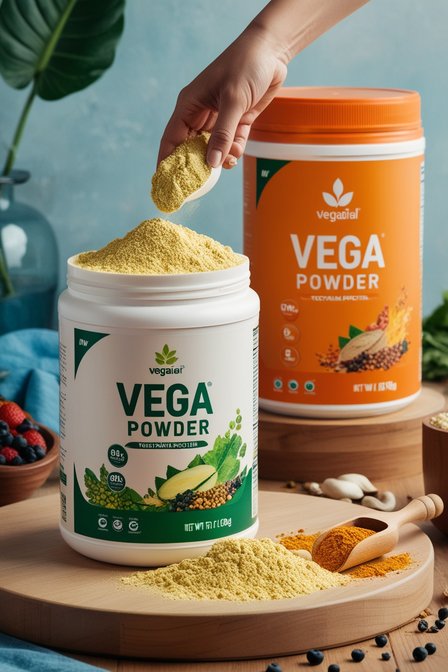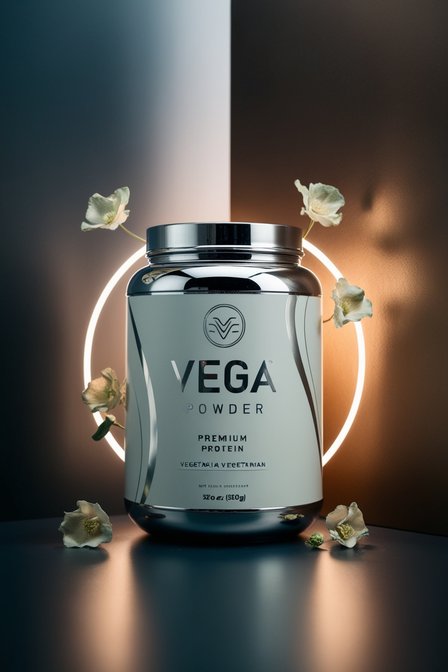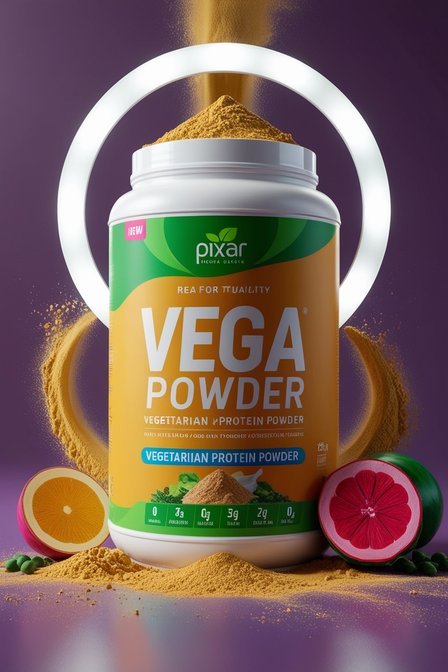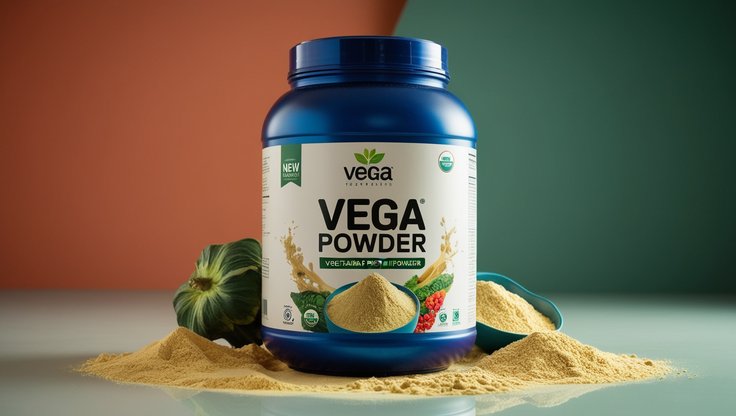Pea Protein: A Vegan Powerhouse
Introduction to Pea Protein
Pea protein has emerged as a popular choice among vegans and health enthusiasts for its impressive nutritional profile and versatility. Derived from yellow split peas, pea protein is a high-quality, plant-based protein that provides essential nutrients without the common allergens found in dairy, soy, and gluten. This makes it an ideal option for individuals with dietary restrictions or sensitivities.
Nutritional Benefits of Pea Protein
Pea protein is celebrated for its rich amino acid profile, making it a complete protein source. It contains all nine essential amino acids that the human body cannot produce on its own. This is particularly significant for vegans who need to ensure they get a balanced intake of amino acids from plant-based sources. Additionally, pea protein is an excellent source of iron, a crucial mineral often lacking in vegan diets. One serving of pea protein can provide up to 35% of the daily recommended iron intake, supporting energy levels and overall health.
Environmental Impact
One of the standout benefits of pea protein is its minimal environmental footprint. Peas require less water and fewer resources compared to animal-based protein sources. They also help improve soil health through nitrogen fixation, reducing the need for synthetic fertilizers. This makes pea protein an eco-friendly choice for those looking to minimize their environmental impact.
Health Benefits
Pea protein offers numerous health benefits beyond its protein content. It is known to support muscle growth and repair, making it a popular supplement for athletes and fitness enthusiasts. The high levels of branched-chain amino acids (BCAAs) in pea protein help in reducing muscle breakdown and promoting recovery after workouts. Additionally, pea protein has been linked to improved heart health. Studies suggest that pea protein can lower blood pressure and reduce cholesterol levels, contributing to a healthier cardiovascular system.
Digestibility and Absorption
One of the common concerns with plant-based proteins is their digestibility. Pea protein, however, is highly digestible, with a digestibility rate of around 90-95%. This means that the body can efficiently absorb and utilize the protein and other nutrients it provides. This high digestibility also makes pea protein less likely to cause gastrointestinal discomfort compared to other protein sources.
Applications in Food and Beverages
Pea protein is incredibly versatile and can be incorporated into a wide range of food and beverages. It can be found in protein shakes, bars, and smoothies, offering a convenient way to boost protein intake. Additionally, pea protein is used in plant-based meat alternatives, providing a similar texture and mouthfeel to traditional meat products. Its neutral taste allows it to blend seamlessly into both sweet and savory recipes, from baked goods to soups and sauces.
Pea Protein vs. Other Plant-Based Proteins
When comparing pea protein to other plant-based proteins, several factors come into play. Soy protein, for example, is another complete protein but is often genetically modified and can cause allergies. Rice protein, while hypoallergenic, lacks certain essential amino acids, requiring it to be combined with other protein sources to achieve a complete profile. Pea protein stands out due to its balanced amino acid profile, hypoallergenic properties, and sustainability, making it a superior choice for many.
Potential Drawbacks
While pea protein boasts numerous benefits, there are a few potential drawbacks to consider. Some individuals may experience mild bloating or gas when first incorporating pea protein into their diet. This is typically due to the high fiber content in peas and can be mitigated by gradually increasing intake. Additionally, pea protein can be more expensive than other plant-based proteins, though its benefits often justify the cost.
Pea Protein in the Vegan Diet
For vegans, pea protein can play a pivotal role in meeting daily protein requirements. It can be easily integrated into meals and snacks, ensuring a steady intake of high-quality protein throughout the day. Vegan athletes, in particular, can benefit from the muscle-supporting properties of pea protein, enhancing their performance and recovery. Moreover, the iron content in pea protein can help prevent deficiencies that are common in plant-based diets.
The Future of Pea Protein
The future of pea protein looks promising as demand for sustainable and plant-based protein sources continues to rise. Innovations in food technology are making it possible to create even more diverse and palatable pea protein products. From dairy-free cheese to protein-enriched pasta, the applications of pea protein are expanding rapidly. As consumers become more conscious of their health and environmental impact, pea protein is set to become a staple in many households.
Conclusion
Pea protein is a powerhouse of nutrition, offering a complete amino acid profile, high digestibility, and numerous health benefits. Its environmental advantages make it an attractive option for those looking to reduce their ecological footprint. As a versatile and hypoallergenic protein source, pea protein can cater to a wide range of dietary needs and preferences. Whether you are a vegan, an athlete, or simply someone looking to improve your diet, pea protein is a worthy addition to your nutritional regimen.



